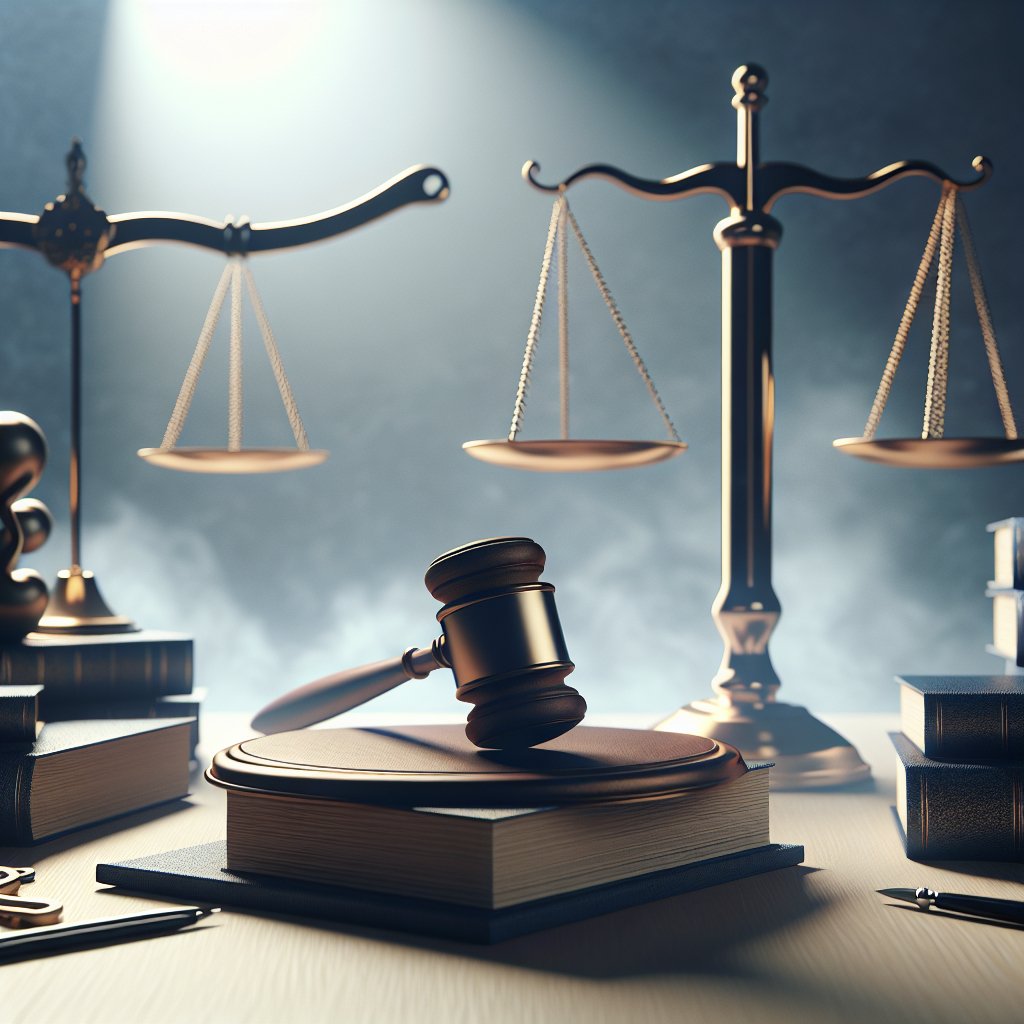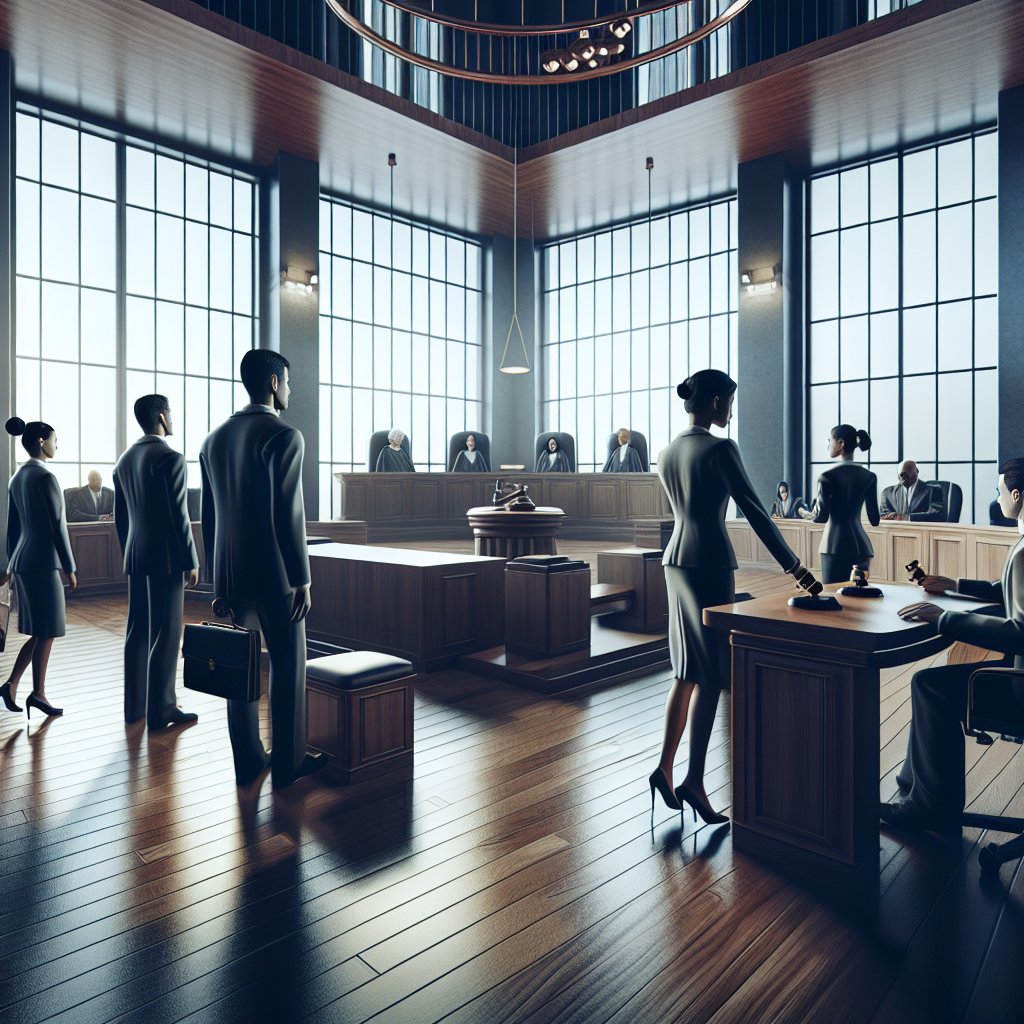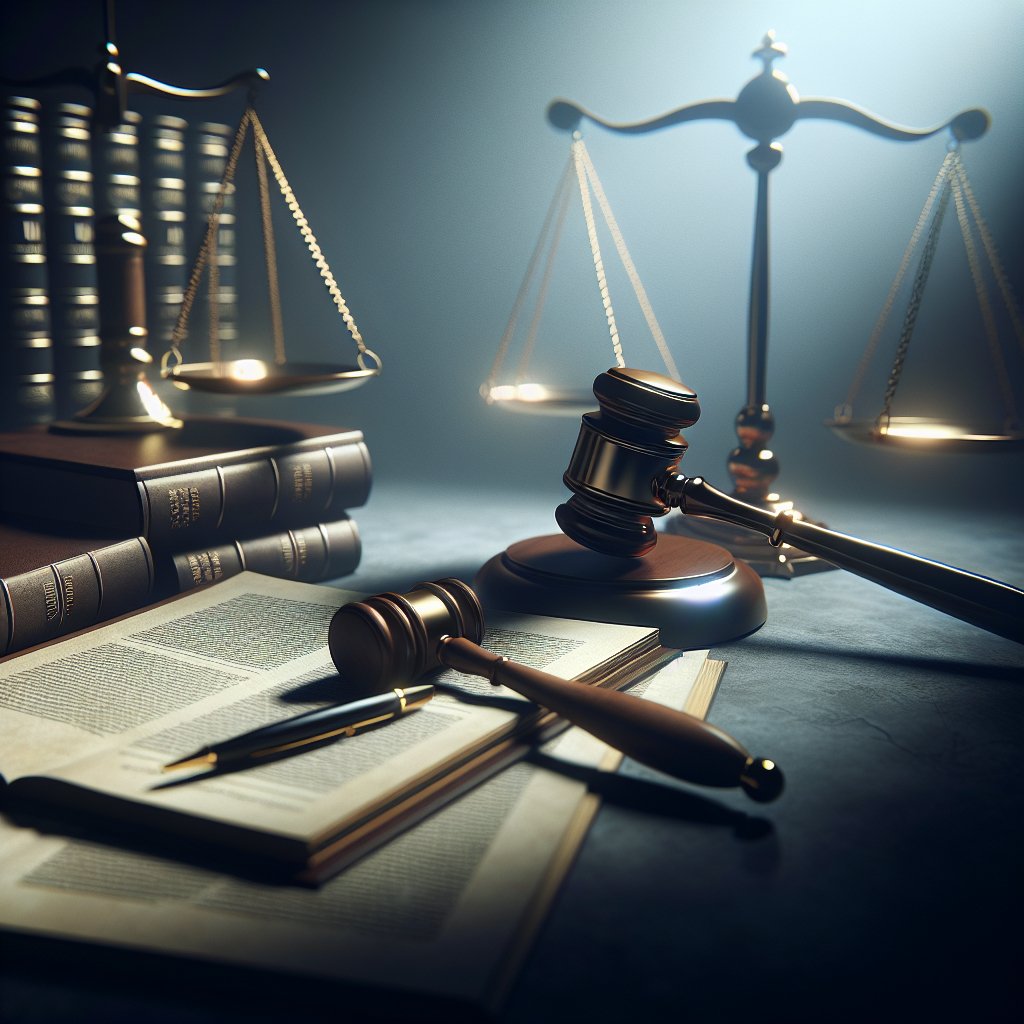In the realm of criminal law, defense strategies play a crucial role in determining the outcome of a case. Criminal lawyers employ a variety of defenses to protect their clients’ rights and ensure a fair trial. Understanding these common defenses can provide insight into the complexities of the legal system and the strategies used to navigate it.
Understanding the Role of Criminal Lawyers
Criminal lawyers are legal professionals who specialize in defending individuals and organizations charged with criminal conduct. Their primary responsibility is to advocate for their clients, ensuring that they receive a fair trial and that their rights are protected throughout the legal process. This involves a deep understanding of criminal law, the ability to analyze evidence, and the skill to construct compelling arguments in court.
One of the key aspects of a criminal lawyer’s role is to develop a defense strategy tailored to the specifics of each case. This requires a thorough examination of the evidence, witness statements, and any other relevant information. By identifying weaknesses in the prosecution’s case or presenting alternative explanations for the alleged conduct, criminal lawyers aim to create reasonable doubt in the minds of the jury or judge.
In addition to their courtroom duties, criminal lawyers also provide guidance and support to their clients outside of court. This includes advising them on their legal rights, helping them understand the charges against them, and preparing them for court appearances. By offering this comprehensive support, criminal lawyers play a vital role in the criminal justice system.
Common Defenses in Criminal Cases
There are several common defenses that criminal lawyers may use to defend their clients. These defenses can be broadly categorized into two types: factual defenses and legal defenses. Factual defenses challenge the evidence presented by the prosecution, while legal defenses focus on the application of the law.
Factual Defenses
Factual defenses involve disputing the facts of the case as presented by the prosecution. One of the most common factual defenses is the alibi defense, where the defendant provides evidence that they were not present at the scene of the crime when it occurred. This could involve witness testimony, video footage, or other forms of evidence that place the defendant elsewhere at the relevant time.
Another factual defense is the mistaken identity defense. In cases where the defendant is accused of a crime based on eyewitness identification, the defense may argue that the witness has incorrectly identified the defendant. This defense often involves questioning the reliability of the witness’s memory and the conditions under which the identification was made.
Legal Defenses
Legal defenses focus on the application of the law and whether the defendant’s actions constitute a crime. One of the most well-known legal defenses is the self-defense argument. In cases where the defendant is accused of a violent crime, they may argue that their actions were justified because they were protecting themselves or others from imminent harm. To successfully use this defense, the defendant must demonstrate that their response was proportionate to the threat they faced.
Another legal defense is the insanity defense, which argues that the defendant was not in a sound state of mind at the time of the crime and therefore cannot be held responsible for their actions. This defense requires substantial evidence, often including psychiatric evaluations, to prove that the defendant was suffering from a severe mental disorder that impaired their ability to understand the nature of their actions.
The Importance of a Strong Defense
A strong defense is essential in ensuring that justice is served in criminal cases. By challenging the prosecution’s evidence and presenting alternative explanations, criminal lawyers help to uphold the principle of “innocent until proven guilty.” This is a fundamental aspect of the legal system, designed to protect individuals from wrongful convictions and ensure that only those who are truly guilty are punished.
Moreover, a robust defense can also highlight systemic issues within the criminal justice system, such as biases in law enforcement practices or flaws in the legal process. By bringing these issues to light, criminal lawyers contribute to the ongoing effort to improve the fairness and effectiveness of the legal system.
Conclusion
In conclusion, the role of criminal lawyers and the defenses they employ are critical components of the criminal justice system. By understanding the common defenses used in criminal cases, we gain insight into the strategies that lawyers use to protect their clients’ rights and ensure a fair trial. Whether through factual or legal defenses, the work of criminal lawyers is essential in maintaining the integrity of the legal system and upholding the principles of justice.




